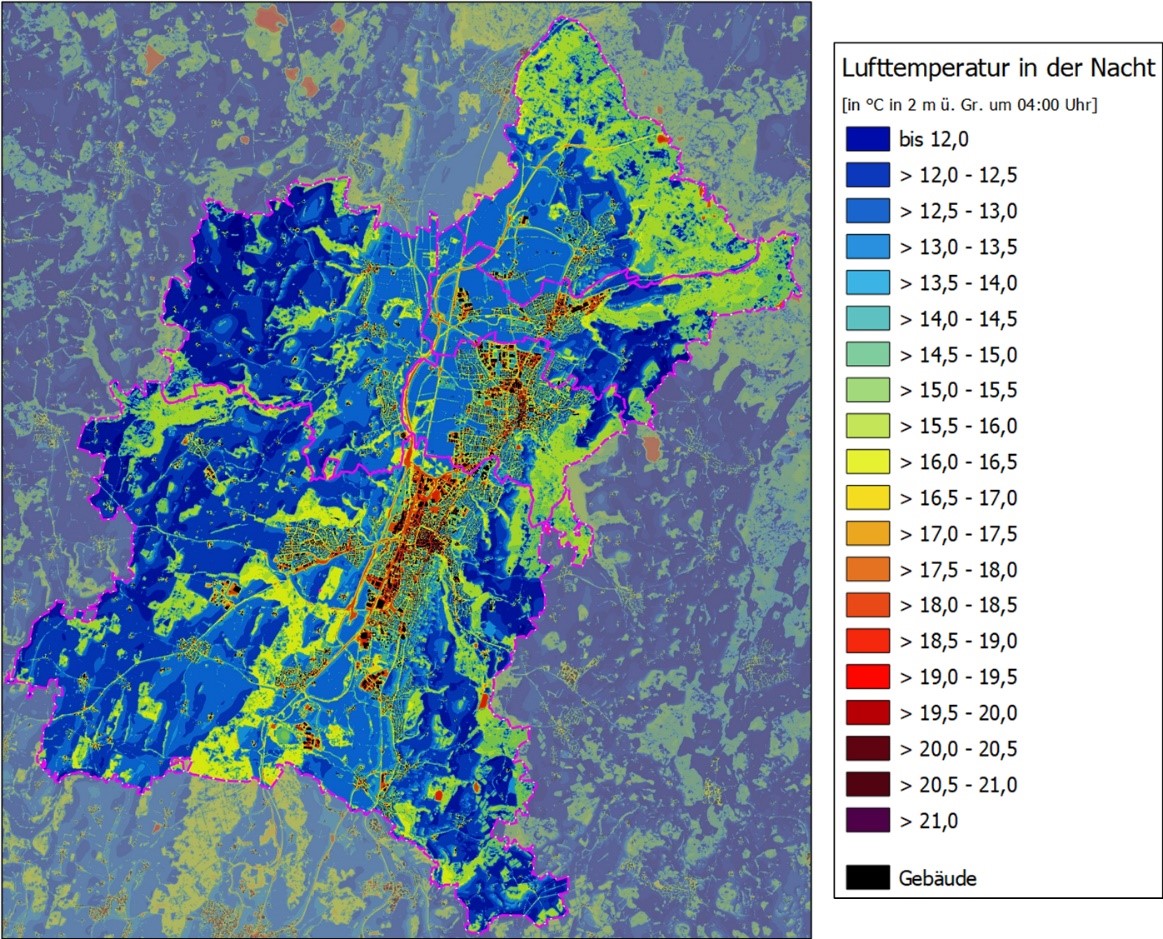For the first time in the Netherlands, more electricity was generated for a large part of the day with solar panels and wind turbines than was consumed. Due to the power of the sun and especially the wind, the production of solar and wind energy reached more than 15,000 megawatts for some time today, more than 100 percent of the total power consumption at that time.
Between about 11 a.m. and 4.30 p.m., electricity production exceeded consumption. This created a unique situation: for the first time, the electricity price dropped so far below 0 that some people were paid to use electricity.
Energy company Zonneplan already calculated on the basis of models that a kilowatt hour at the peak, between 12:00 and 15:00, would cost -0.18 euros, including tax.
Free power
Electricity was therefore free for a number of hours. Some users even got money when they plugged in the plug. For that you had to have a ‘dynamic’ contract. Most Dutch people have an energy contract with a fixed price, so they could not take advantage of the situation.
It has happened before that the purchase price of electricity was negative, but due to the energy tax and the storage of renewable energy, the price for the consumer always remained above 0 euros. Today so much wind and solar power was generated that prices remained below 0.
‘Good day for the environment’
In Europe, except in the Netherlands, electricity prices were largely negative, only in Belgium. The price there dropped less far below 0. “This only applies in the Netherlands and Belgium, because we have a lot of solar panels here,” says Martien Visser, lecturer in energy transition at Hanze University of Applied Sciences. “In Germany, for example, there are more nuclear power stations that you cannot switch off for a while. The coal-fired power stations in the Netherlands have been switched off today, just like most gas-fired power stations. The power stations produce about 25 percent of the CO2 emissions in the Netherlands every day, so a day like today is good for the environment.”
Some of the surplus of electricity is exported, but not all of it. “The network cannot export the entire surplus, nor can the border cables handle that yet.”
Incidentally, the unique situation was not good news for everyone, says Visser. “There are also people who today do not receive money for their solar panels yield, because the inverters failed. That happens if the network threatens to become overloaded. If you live in a neighborhood where many solar panels are on the roofs, you can be unlucky. nothing to earn today.”
–


